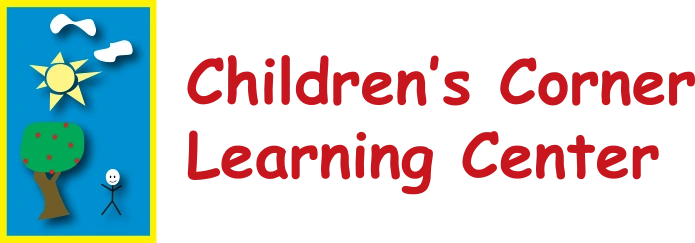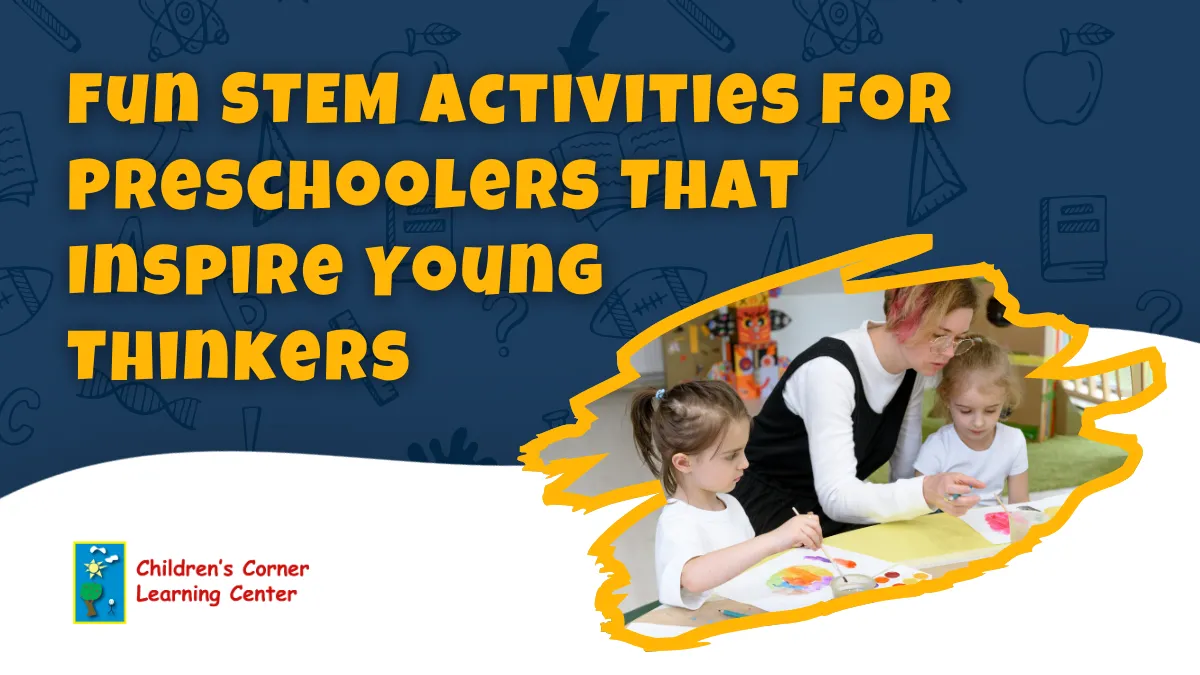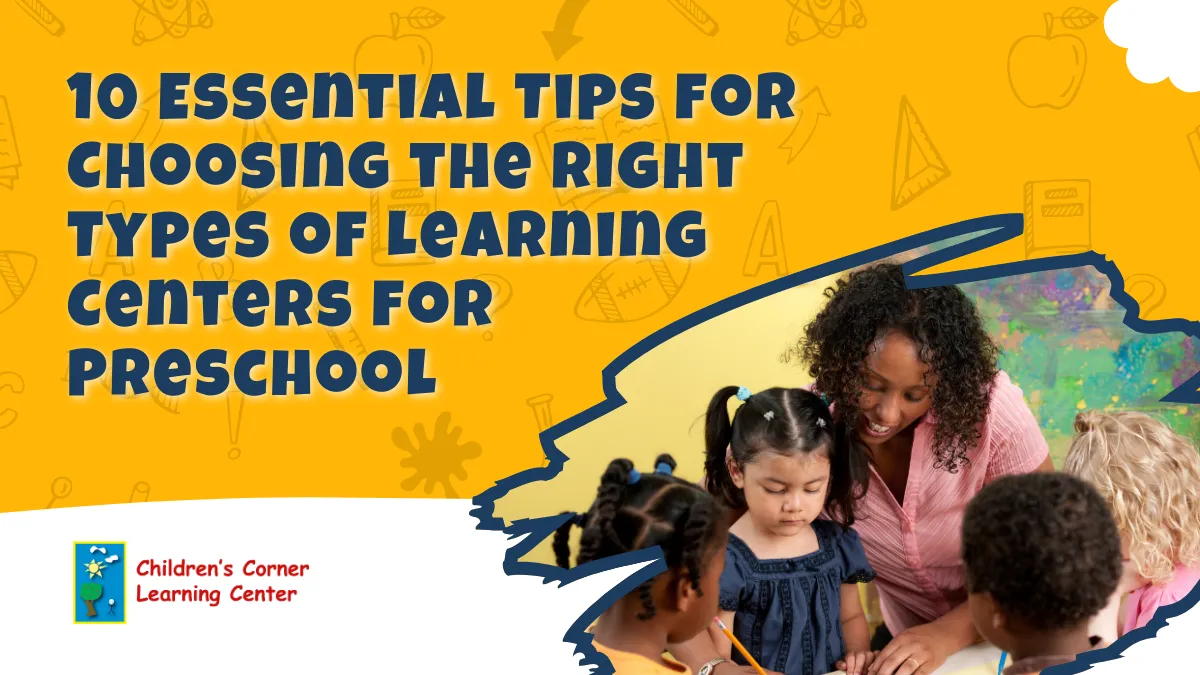STEM activities for preschoolers provide meaningful opportunities to introduce early science, technology, engineering, and math concepts through play-based learning. These activities encourage exploration, problem-solving, and hands-on discovery, helping young children build foundational skills in a developmentally appropriate way. By integrating STEM into daily routines, educators support cognitive growth while fostering curiosity and confidence in the classroom. Whether children are building structures, observing nature, or experimenting with simple materials, each experience lays the groundwork for critical thinking and creativity. Early exposure to STEM supports academic readiness and inspires a love for learning. With thoughtful guidance and engaging tasks, STEM activities become …
Understanding the difference between preschool and pre-k is essential for families making early education decisions. While both programs support foundational learning and social development, they serve children at different stages of readiness and often have distinct instructional goals. Preschool typically introduces young learners to structured routines, group interaction, and early academic skills in a nurturing environment. Pre-K, however, is designed to prepare older children for the transition into kindergarten by focusing on more advanced skill-building and school readiness. Recognizing these differences helps parents choose the right program based on their child’s age, developmental stage, and learning needs. With a clear …
Summer preschool programs benefits extend beyond the classroom, supporting children’s growth during a critical time in their early development. These programs offer structured learning opportunities that help maintain academic progress, promote social interaction, and reinforce routines that can otherwise be lost over the summer months. For young children, consistency is essential, and summer programs provide a balanced environment. Participation also eases the transition into the next school year by keeping children engaged, curious, and connected. With a focus on play-based learning and age-appropriate activities, summer preschool programs ensure that development continues without interruption. Families seeking to support their child’s learning …
Science activities for toddlers provide valuable opportunities to encourage early learning and discovery through hands-on exploration. Children develop critical thinking skills and a fundamental understanding of the world at a young age by observing cause and effect in everyday experiences. Simple, age-appropriate science activities foster natural curiosity and promote sensory development, language growth, and cognitive progress. These activities can be implemented in structured learning environments and at home, helping toddlers gain confidence as they explore new ideas. Educators and caregivers support children’s development by incorporating science into daily routines, making learning engaging and meaningful. The following list of easy science …
Early childhood education continues to play a vital role in shaping the developmental path of young learners. In 2025, early childhood education is more focused than ever on whole-child development, integrating academic readiness with social, emotional, and physical growth. High-quality programs provide safe, nurturing environments where children are guided through intentional learning experiences that foster curiosity, independence, and foundational skills. As research evolves and educational standards adapt, families and educators benefit from staying informed about the latest developments in the field. Whether you are exploring options for your child or supporting young learners in the classroom, understanding current trends and …
What do you learn in early childhood education? This critical stage of development is where children acquire the foundational skills that shape their future learning, behavior, and relationships. Early childhood education builds language, motor skills, social interaction, and emotional understanding competencies through structured play, guided instruction, and nurturing support. These early experiences prepare children for academic success and foster independence, confidence, and a lifelong curiosity for learning. High-quality early learning programs are designed to meet the whole child’s needs—supporting growth across multiple domains in a secure and engaging environment. Understanding What Do Pre K Learn in Early Education Settings …
Types of learning centers for preschool play a key role in supporting children’s development across multiple domains—including cognitive, social, emotional, and physical growth. These structured classroom areas provide purposeful play, exploration, and skill-building opportunities, helping young learners thrive in a nurturing and engaging environment. Identifying and evaluating the right learning centers becomes essential as families seek high-quality early childhood education. Each center should have clear developmental goals, age-appropriate materials, and independent and guided learning opportunities. With so many variations available, it’s essential to know what to look for to ensure the environment supports the needs of all children. 1. Understand …
An early learning and development center plays a critical role in shaping a child’s growth—academically, socially, and emotionally. Quality early childhood education is more than just preparation for kindergarten; it fosters a lifelong love of learning and builds children’s essential skills for future success. As research highlights the importance of these early years, educators and families seek effective methods to support young learners. Implementing evidence-based strategies ensures children receive the guidance, care, and structure necessary to thrive. These practices have a lasting impact through intentional curriculum design, individualized learning plans, or nurturing classroom environments. 1. Implementing High-Quality Early Education Strategies …
Building a daycare center is an exciting journey that allows you to create a safe, nurturing setting where children can grow and thrive. Whether you’re an educator, entrepreneur, or passionate caregiver, starting your daycare requires careful planning and dedication. Each step is vital in shaping a thriving childcare center, from securing a location to designing engaging learning environments. But beyond logistics, it’s about fostering a warm, welcoming atmosphere where families feel confident entrusting their little ones. With the proper foundation—thoughtful curriculum, qualified staff, and a strong connection with the community—you can build a daycare that meets essential regulations and becomes …
Finding the right Scarsdale daycare for your infant or toddler is a crucial decision for any parent. The early years are a time of rapid growth and development, making choosing a nurturing, safe, and engaging environment essential. The best daycare programs offer more than just supervision—they provide cognitive, social, and emotional development opportunities through structured activities and loving care. Whether you need full-time childcare or a flexible schedule, Scarsdale has various daycare options to meet your family’s needs. From infant care programs focused on sensory exploration to toddler classrooms that encourage early learning and social interaction, the right daycare can …










